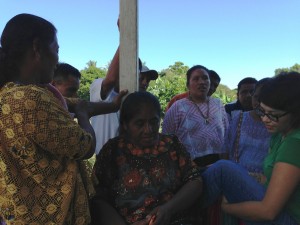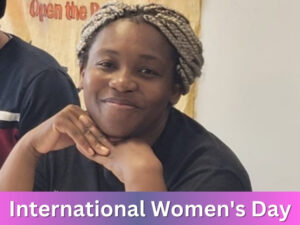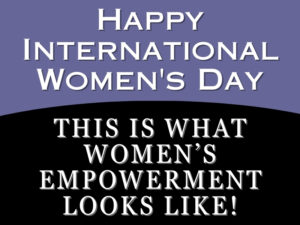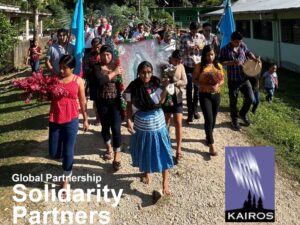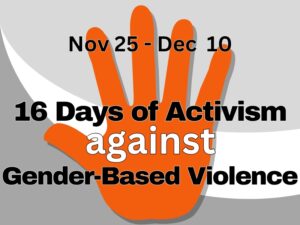Reflection on the International Day to End Violence Against Women
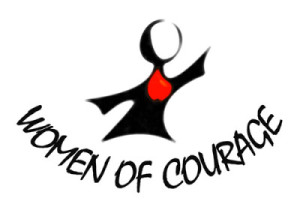
By Helen Knott
I asked another participant why she does things like this, this involvement in justice for others. Later, I reflected upon my own situation and realized why I do things like this. I am here because I used to believe I was powerless. Life seemed to be something that happened to you and the powers that be existed always in a place beyond the next horizon. I now know that this is in fact a lie. The truth that I know is that I have power and I will not allow others to encroach upon it. Eventually the fallacy of power held by privilege will break and shatter. The truth will always come to light. I know this to be true here in Guatemala, as it was in South Africa, as it is the truth elsewhere.
Here, on the International Day of the Elimination of Violence Against Women, I see an intensified reflection of my own community. This mirroring is strong in the aspect of how the exploitation and devaluing of Indigenous women’s bodies eerily parallels the destruction of the Earth. As the land that gives us life is violated, so are the women who give life. Smith and Ross (2004) state that through colonialism, Indigenous women are “considered sexually violable and “rapeable,” and by extension, Native lands become marked as inherently invadeable” (p.1). What specific morality breakdown exists for these two atrocious activities to coexist?
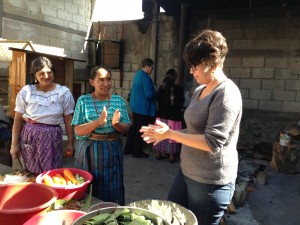
Helen Knott with women from the Committee on Defense of Mother Earth and Life in San Miguel Ixtahuacan, San Marcos
I have heard many stories escape the mouths of those we met and I know that even as an Indigenous woman I am not from this land and our experiences are as unique as they are similar. There are women who have been objectified and their bodies given a monetary value. Through their impoverished conditions, these women had little choice in accepting this. I have heard of women suffering from the violence that accompanies alcohol informed states, alcohol found in one of the dozens of new cantinas that opened in conjunction with the mining and new “developments”. The stories only get more painful as they turn into tales of sexual violence, forced eviction, and loss of loved ones.
The same underlying violence and lack of consciousness exists elsewhere, frequently where colonial rule and mindsets are still colliding with Indigenous peoples and ways of life. Within my own community we have had Indigenous women go missing, and, if I remember correctly, we are the only demographic within our town that has gone missing. Some of these women’s bodies have been found, some sooner than later, but all without the proper alert and attention by the public, police, and media. As I sit and listen to the stories here, my heart clenches, and I dare think that if this “development” only progresses in the communities we visited, will they one day boast communities marred by the ghosts of women?
These continued acts of colonial violence do not belong in our communities. I do not have some call to action, for how can I call people to be human? How can I ask people yet again to see our Indigenous women as invaluable as their own women? To see the land as the land that is sacred? To have conscience? I do not have the answers, but again I am left with my questions.
Reference
Smith & Ross (2004). Introduction:
Native Women and State Violence. Social Justice (31)4.
